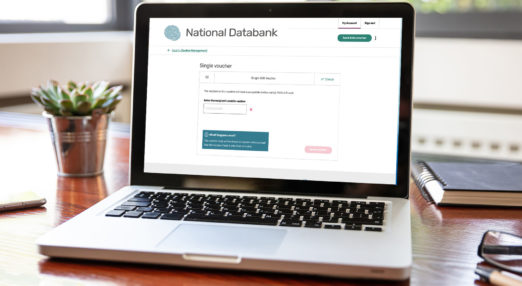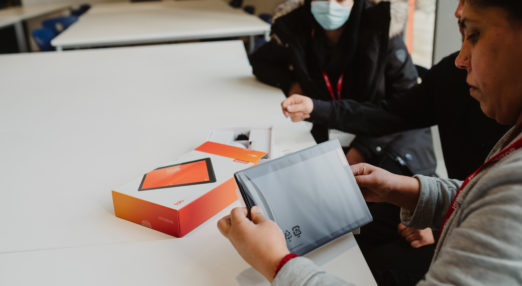Health and wellbeing
Health inequality in the UK is a major problem: people living in deprived areas tend to have a lower life expectancy and be at higher risk of poor health.
People without digital skills are the group already most likely to experience health inequalities – it’s clear there’s a growing need to increase digital health literacy and skills. 83% of GPs expressed concern about patients whose access to remote services may be impacted by digital literacy, disability, language, location or internet connection (GPOnline, 2020).
Digital tools can help people take charge of their own health and make the right choices for them, 38% of adults use the internet to manage their physical health (Lloyds, 2022).
While reducing stress and cost for individuals, improved digital health skills can also have huge impacts on the delivery of frontline services, reducing pressure on the NHS through an increase in online transactional services such as repeat prescriptions, online appointment booking and patient access to health records.
How are we affecting change?
Find out more about how we are supporting communities and our network.



